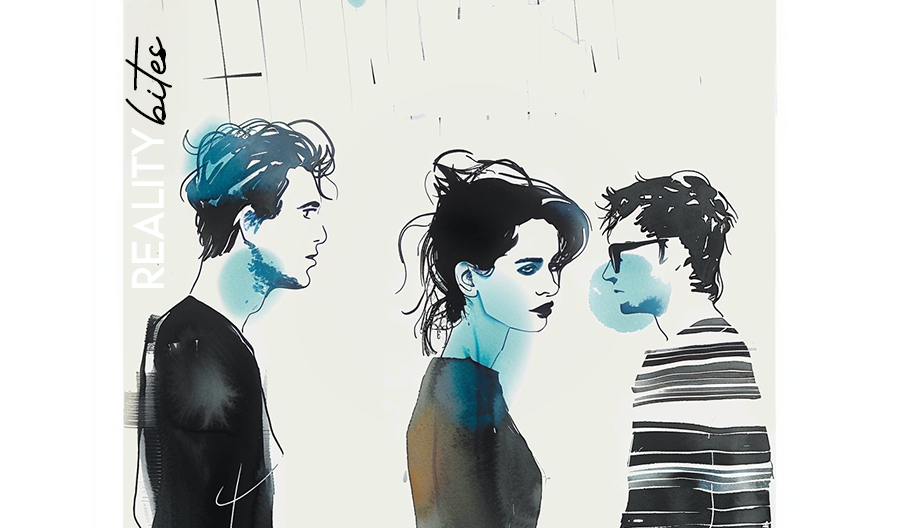Is Irony Losing its Edge?

Meme culture has changed both the meaning and the function of irony. What once meant rebellion now shows hyper-specific belonging.
Isn’t it ironic? At a time when irony has become the default self-referential tone of social media, we’re relying more and more on systems that are, by their very design, literal.
Sure, AI can flag sarcasm, label ironic phrasing, even rewrite it with reasonable accuracy using what researchers call zero-shot tasks. But it doesn’t understand it. Not really. (And if you have to explain it, it stops being funny.) And yet, we eagerly let it co-pilot our words. I’m careful not to say ‘our thoughts’ here, although that might be generous.
So, is irony losing its edge?
Sarcasm was the currency my generation was raised on, a form of social commentary filtered through a generous dose of detachment. Meme culture has changed both the meaning and the function of irony. What once meant rebellion now shows hyper-specific belonging.
Social media relies on trending sounds and templates. Step offline for a month, and return to what feels like a nightmarish hall of mirrors where everyone seems to be lip-syncing to the same beat. At first, this feels alien. Then, as you follow along, it all starts to make sense. But somewhere in the process of getting it, the urge to ask ‘why?!’ fades away.
❖
In his seminal nineties essay “E Unibus Pluram”, David Foster Wallace warned that irony had become a default cultural posture, no longer subversive, but a way to avoid vulnerability. A 2023 study on Wallace and Bo Burnham describes a newer pattern: “sincerity deployed as a self-dismantling shield,” carefully performed to survive public scrutiny.
Social media gave this type of performance a self-aggrandising stage. But AI struggles to decode it. It reads irony and confession as belonging to the same register. AI predicts the next word based on patterns, rather than intent, while irony relies on shared context. Real irony bites. Real sincerity puts something at stake. AI avoids all that, generating text that is plausible and likable (though not necessarily true).
Perhaps that is what AI is learning. Not irony in its layered, messy, human form, but a smooth imitation that, in the end, carries no consequence.